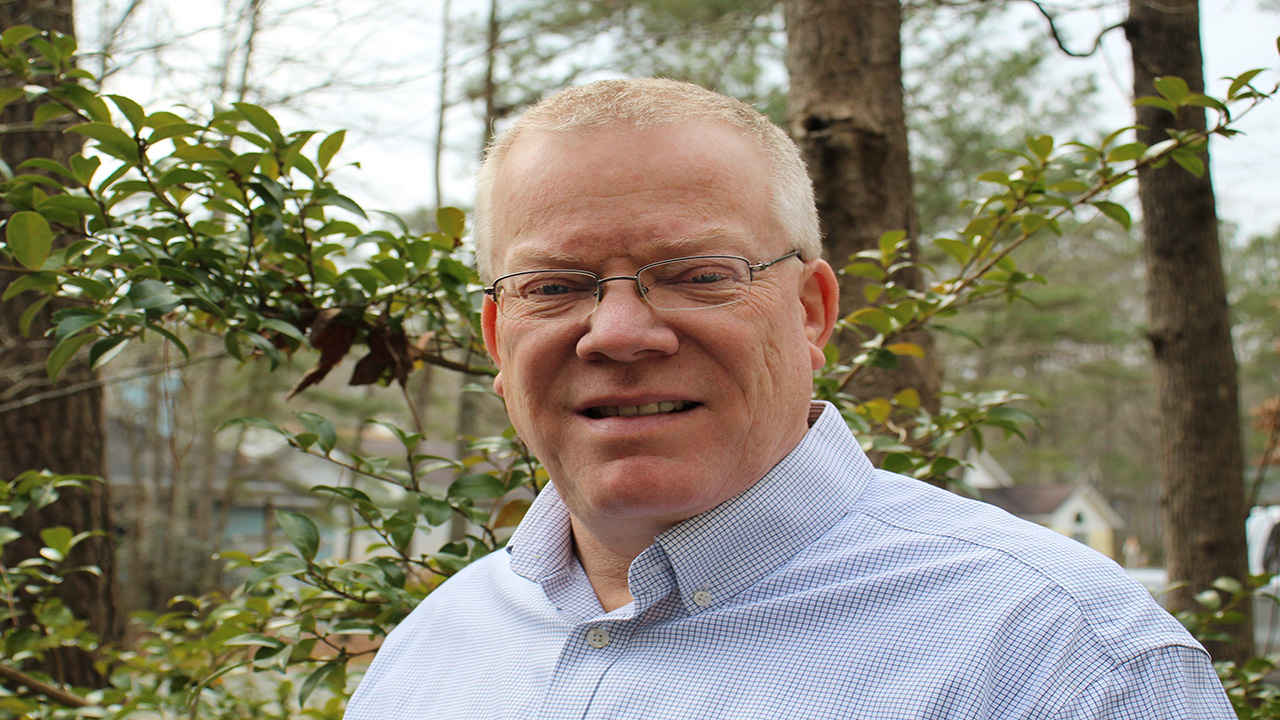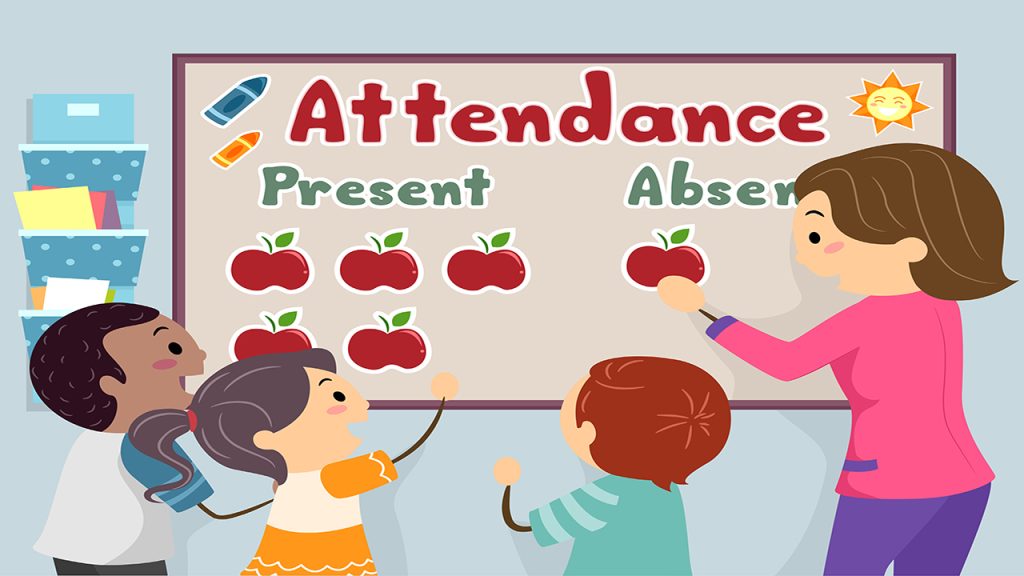
Most Americans Think Politicians Should Stay Away From Setting Schools’ LGBTQ+ Policies, Poll Finds
Few Americans think governors and state lawmakers should have a major influence over school district policies that govern whether and how teachers address sexual orientation, gender identity, and student pronouns in their classrooms, according to a recent poll conducted by researchers at Penn State.
Only about one in seven adults—less than 15 percent—believe those state leaders should have a “great deal of influence” over such policies. The finding follows a series of legislative sessions during which several states have passed laws governing whether and how teachers can address those topics in classroom discussions, and other laws stating that teachers aren’t required to use students’ pronouns that don’t correspond with their sex assigned at birth.
The nationally representative poll, conducted in May by Pennsylvania State University’s McCourtney Institute for Democracy as part of its regular Mood of the Nation series of polls, surveyed 1,000 American adults across generations and political affiliations about how teachers should teach about lesbian, gay, and bisexual identities; how they should handle students’ pronouns; and who should have a seat at the table when developing related policies.
Transgender and nonbinary identities were specifically excluded from poll questions, as they are currently politicized, said Eric Plutzer, professor of political science at Penn State and director of polling at the McCourtney Institute. Instead of asking about LGBTQ+ issues overall, the questions focused on lesbian, gay, and bisexual identities.
Forty-four percent of survey respondents identified as Democrat, 36 percent as Republican, and 20 percent identified as independent. More than 32 percent of survey respondents self-identified as evangelical Christians.
“You can’t find any group—not Republicans, not evangelical Christians, not any generation—that thinks governors and state legislatures have to have a lot of influence on these decisions,” Plutzer said. “And yet they do, quite obviously.”
Instead, 44 percent of poll respondents thought parents should have the most say in setting policies about teachers’ use of students’ pronouns that differ from those assigned at birth, and 48 percent thought parents should have the most say in deciding how teachers teach about lesbian, gay, and bisexual identities.
But those results don’t necessarily indicate mass support for the parental rights movement, Plutzer said. Under the “parents’ rights” banner, mostly conservative parents and politicians have pressed for a range of local and state policies restricting school curricula and materials—such as library books—related to racism, sexuality, and gender identity.
“Parents are obviously a diverse group, and in the last year or so certain kinds of parents have gotten a lot of notice because of their activism in the classroom, in the school board meetings, in running for school board,” Plutzer said. “But this question shouldn’t be interpreted to give support to one side or the other. Simply that parents ought to have a major influence in setting policy.”
Approximately a quarter of respondents believe teachers should have a “great deal of influence” in determining how they handle discussions about queer identities.
Americans are split on how teachers handle students’ pronouns and lessons on queer identities
Beyond the question about who should set policies, poll respondents were split on whether teachers should be allowed to use students’ pronouns if they didn’t correspond with their sex assigned at birth, and how middle school teachers should discuss lesbian, gay, and bisexual people in the classroom.
More than two-thirds of respondents supported some type of discussion about lesbian, gay and bisexual identities, whether through books or classroom conversations, according to Plutzer. But a small minority, 29 percent, thought teachers should be free to assign young adult fiction books whose main characters are lesbian, gay, or bisexual teenagers. Another 10 percent thought teachers should be able to assign books that feature lesbian, gay, or bisexual adults, but not young adult fiction with gay, lesbian, or bisexual teenagers as main characters.
There was a similarly split opinion on what school policy should require teachers to do if students asked to be identified by a particular pronoun, such as he, she, or they.
Thirty-nine percent of respondents said school policy should encourage teachers to use the pronoun the teenager requests, and 38 percent said schools should discourage the use of pronouns that differ from the sex on a student’s birth certificate. Another 23 percent said school policy should leave it up to the teacher to decide.
Respondents agree on teachers being able to display same sex spouse photos
A majority of poll respondents—56 percent—agreed that elementary school teachers should be permitted to display a photograph of themselves with their spouse, no matter who their spouse is. That was one of the most surprising results of the poll, Plutzer said.
“I think it shows that there’s a strong ‘live and let live’ sentiment that is below the surface that we don’t often see,” he said. “We thought that was surprising and even among groups that are known to be fairly conservative.”
Eighteen percent of respondents said that only teachers with spouses of the opposite sex should be permitted to display a photograph of themselves with their spouse, and 26 percent said teachers shouldn’t be allowed to display any photographs of spouses.
Dig Deeper With Our Longreads
Newsletter Sign up to get our best longform features, investigations, and thought-provoking essays, in your inbox every Sunday.
The MEN was founded by John Huber in the fall of 2020. It was founded to provide a platform for expert opinion and commentary on current issues that directly or indirectly affect education. All opinions are valued and accepted providing they are expressed in a professional manner. The Maryland Education Network consists of Blogs, Videos, and other interaction among the K-12 community.







